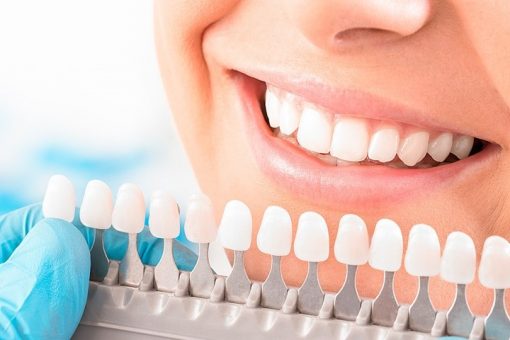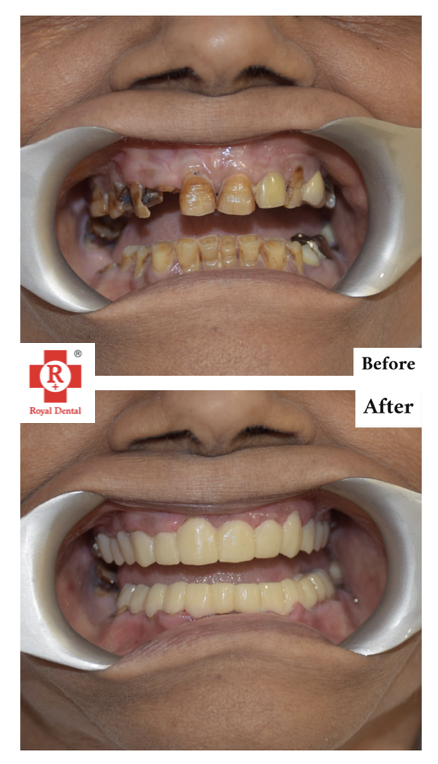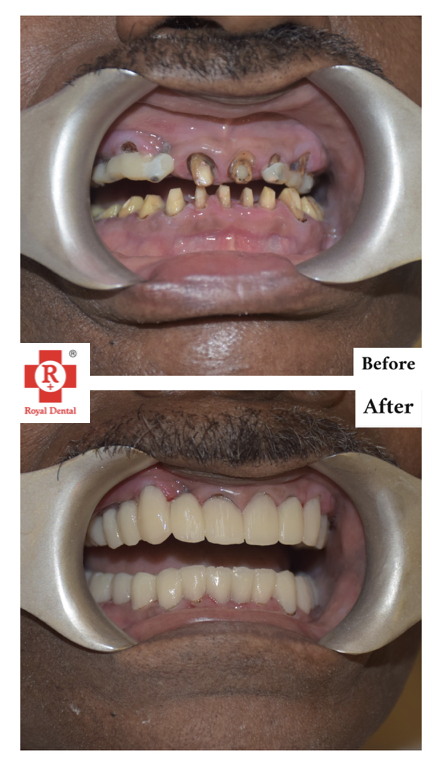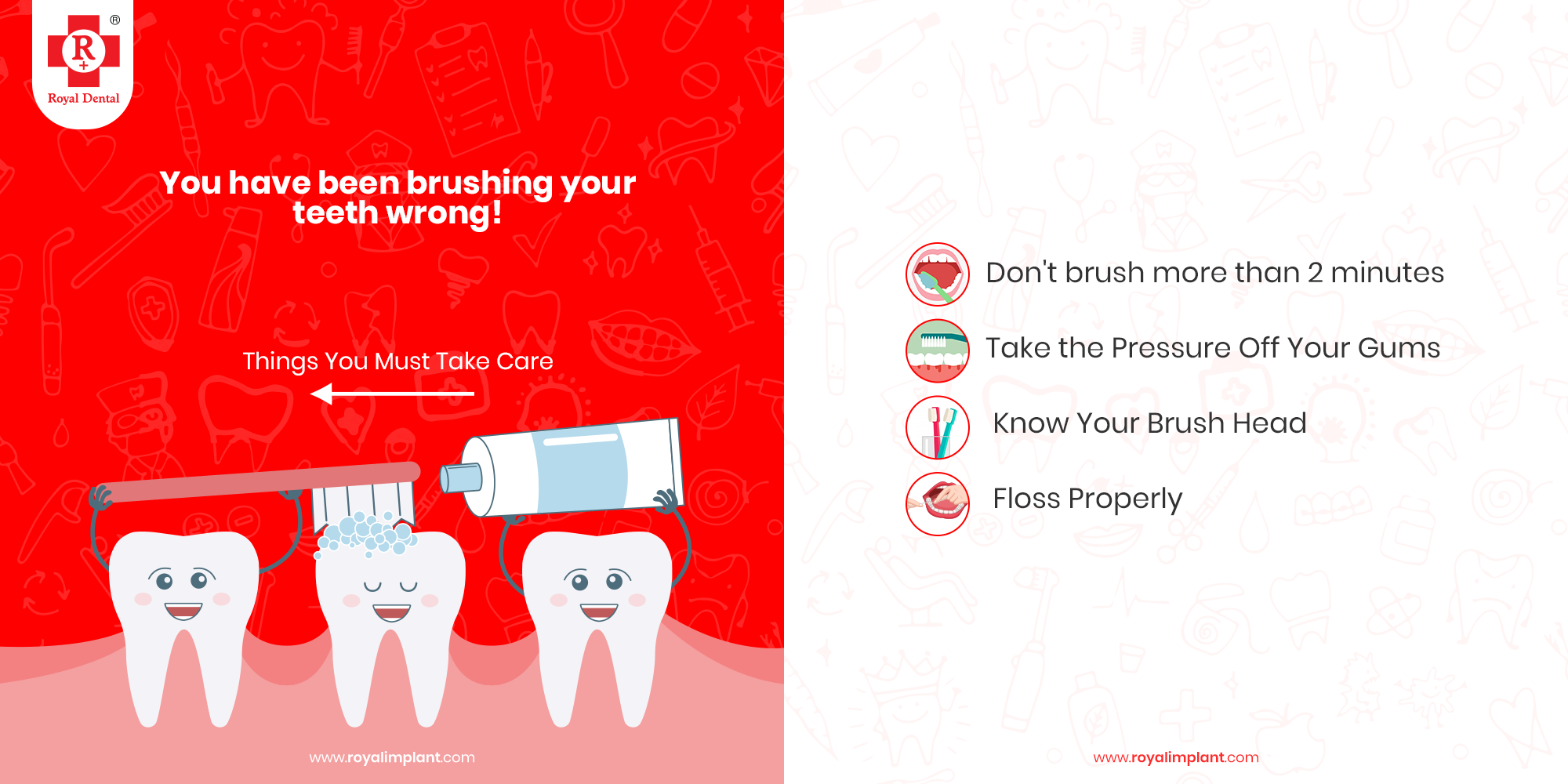Dental crowns are a common restorative treatment for restoring damaged teeth. They are incredibly durable, but can still break or become damaged if not properly cared for. Taking the necessary steps to properly care for your dental crowns can help you avoid any potential breaks or other damage. It is important to understand the risks that can cause damage to your crowns, as well as the best practices to maintain them. This article will provide tips for proper care and maintenance of dental crowns to help you avoid any unwanted damage. With the right care and maintenance, you can help ensure your dental crowns stay strong, healthy, and looking their best.
What are dental crowns?
Dental crowns are a restorative dental treatment that is used to restore damaged teeth. Crowns are tooth-shaped caps that are made from materials like porcelain, gold, or alloys. The crown is designed to fit snugly over a tooth, covering the entire tooth from the gum line to the tip of the tooth. They are used to strengthen teeth that have been weakened by tooth decay or gum disease, or ones that have been broken by injury or dental work.

Crowns are ideal for teeth that need extra support because they are very durable and long-lasting. While they are a very effective way to treat damaged teeth, crowns are also one of the most sensitive dental restorations due to the fact that they cover the entirety of the tooth.
Risks of dental crown breakage
Dental crowns are highly durable, but they can still break if they are not properly cared for. A dental crown breakage can be a very painful and costly dental problem. A broken crown can be very inconvenient as well due to the fact that you will have to either live with a broken crown or undergo another procedure to repair it.
A broken crown can leave you feeling self-conscious and may impact your confidence. If a crown breaks, it can have a negative impact on the appearance and health of the underlying tooth. If a dental crown breaks, it can cause damage to the tooth underneath, which can lead to other problems like tooth decay or tooth sensitivity.
Proper care and maintenance of dental crowns
One of the best ways to avoid a dental crown breakage is to properly care for the crowns. It is important to note that the crowns are attached to the teeth and not the gums. This means that you must be careful when brushing and flossing around the crowns. It is also important to avoid using any cleaning methods that are too abrasive on the crowns since this can cause damage.
Crowns are generally a one-size-fits-all design, so there is not much room for error when it comes to sizing. If your crown is too loose, it can be knocked off easily or cause damage to the underlying tooth. It is also important to be mindful of the way that you eat and drink when wearing a crown. If you are eating or drinking something crunchy, the crown can get knocked off or could break if it is too loose.
Steps to avoid dental crown breakage
Eat Carefully – Avoid crunchy foods and be mindful of how you eat when wearing a crown. It is best to avoid eating foods that are crunchy, sticky, or hard. This will help to prevent damage to the crown, but also to the underlying tooth as well.
Brush and Floss Carefully – It is important to be careful when brushing and flossing around dental crowns. Crowns are attached to the tooth and not the gums, so you must be careful not to scrub too hard or use an abrasive toothbrush when cleaning the crowns.

Use a Waterpik – Using a Waterpik can help to remove plaque around crowns and make it easier to brush them as well.
Avoid Abnormal Tooth Contact – Avoid any abnormal tooth contact that can put added pressure on the crowns. Avoid Excessive Stress Avoid excessive stress on the teeth, as this can cause the crowns to crack or break.
Tips for maintaining dental crowns
Brush and Floss Regularly – It is important to brush and floss regularly to keep the teeth and crowns healthy.
Say No to Crunchy Foods – Avoid crunchy foods to help prevent damage to the teeth and crowns.
Excessive Stress – Avoid excessive stress on the teeth, especially the crowns.
Avoid Excessive Pressure – Avoid any excessive pressure on the teeth, especially the crowns.
Avoid Infection – Avoid infection and plaque formation around the crowns.
Avoid Trauma – Avoid trauma to the teeth and crowns.
Regular Dental Checkups – It is important to get regular dental checkups to catch any potential dental health issues early on.
Excessive Alcohol – Avoid excessive alcohol to help prevent damage to the teeth and crowns.
When to see a dentist?
If you notice any of the above signs or symptoms, it is important to contact your dentist as soon as possible to get an evaluation. If your crowns are broken, it is easiest to repair them while they are still in the early stages. It is much more difficult to repair crowns once they have broken and caused damage to the tooth underneath.



And best to treat and repair problems early on, as they can easily get worse if left untreated. It is also important to visit your dentist every six months for regular cleanings and checkups. During these visits, your dentist can closely examine your crowns for any warning signs of damage.
Summary
Dental crowns are a common restorative treatment for restoring damaged teeth. They are incredibly durable, but can still break or become damaged if not properly cared for. Taking the necessary steps to properly care for your dental crowns can help you avoid any potential breakage. It is important to understand the risks that can cause damage to your crowns, as well as the best practices to maintain them. With the right care and maintenance, you can help ensure your dental crowns stay strong, healthy, and looking their best.






